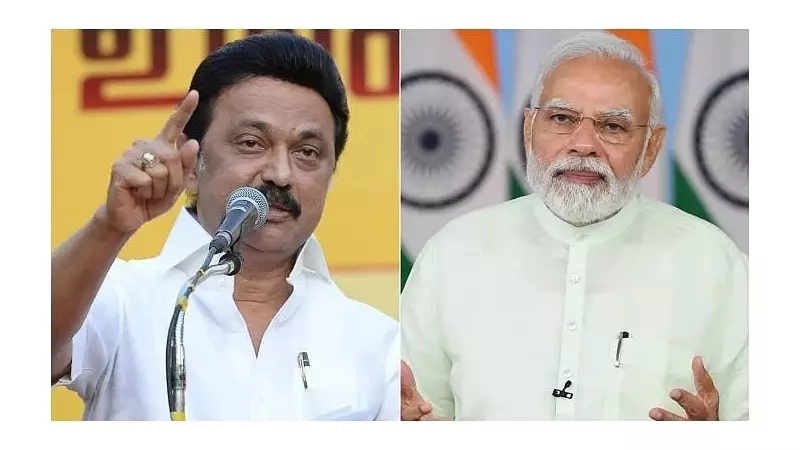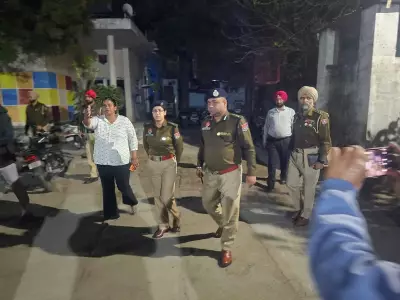
Tamil Nadu Chief Minister M K Stalin has launched a sharp criticism against the Union government for what he termed as a "disgraceful approach" in denying metro rail projects for two major cities in the state. The political confrontation comes just ahead of Prime Minister Narendra Modi's scheduled visit to the region.
The Metro Project Rejection
The Union government has officially returned the detailed project reports submitted for building comprehensive metro networks in both Coimbatore and Madurai. According to sources, the central authorities cited lack of adequate population in both cities as the primary reason for rejecting the proposed mass rapid transit systems.
The development was confirmed on November 19, 2025, when the official communication regarding the project rejection became public. The detailed project reports, which had been submitted after extensive planning and feasibility studies, were formally sent back to the state government without approval.
Political Fallout and Timing
Chief Minister Stalin's strong reaction highlights the growing tension between the state and central governments over infrastructure development in Tamil Nadu. The timing of this confrontation is particularly significant as it comes just before Prime Minister Modi's planned visit to the state.
In his statement, Stalin emphasized that the rejection demonstrates the Centre's discriminatory approach toward Tamil Nadu's development needs. He argued that both Coimbatore and Madurai represent crucial economic and cultural centers that deserve modern urban transportation infrastructure.
Urban Development Implications
The denial of metro projects for these two major Tamil Nadu cities raises important questions about urban planning and development priorities. Both Coimbatore, known as the Manchester of South India for its textile industry, and Madurai, an ancient cultural hub, have been experiencing significant urban growth and traffic congestion.
State government officials maintain that the population criteria used by the Centre doesn't adequately reflect the actual transportation needs of these cities, especially considering their economic importance and tourist influx. The rejection is expected to have long-term implications for urban mobility and economic development in these regions.
The situation has now evolved into a major political issue in Tamil Nadu, with the state government positioning itself as fighting for the region's development rights against what it perceives as unfair treatment from the central administration.






